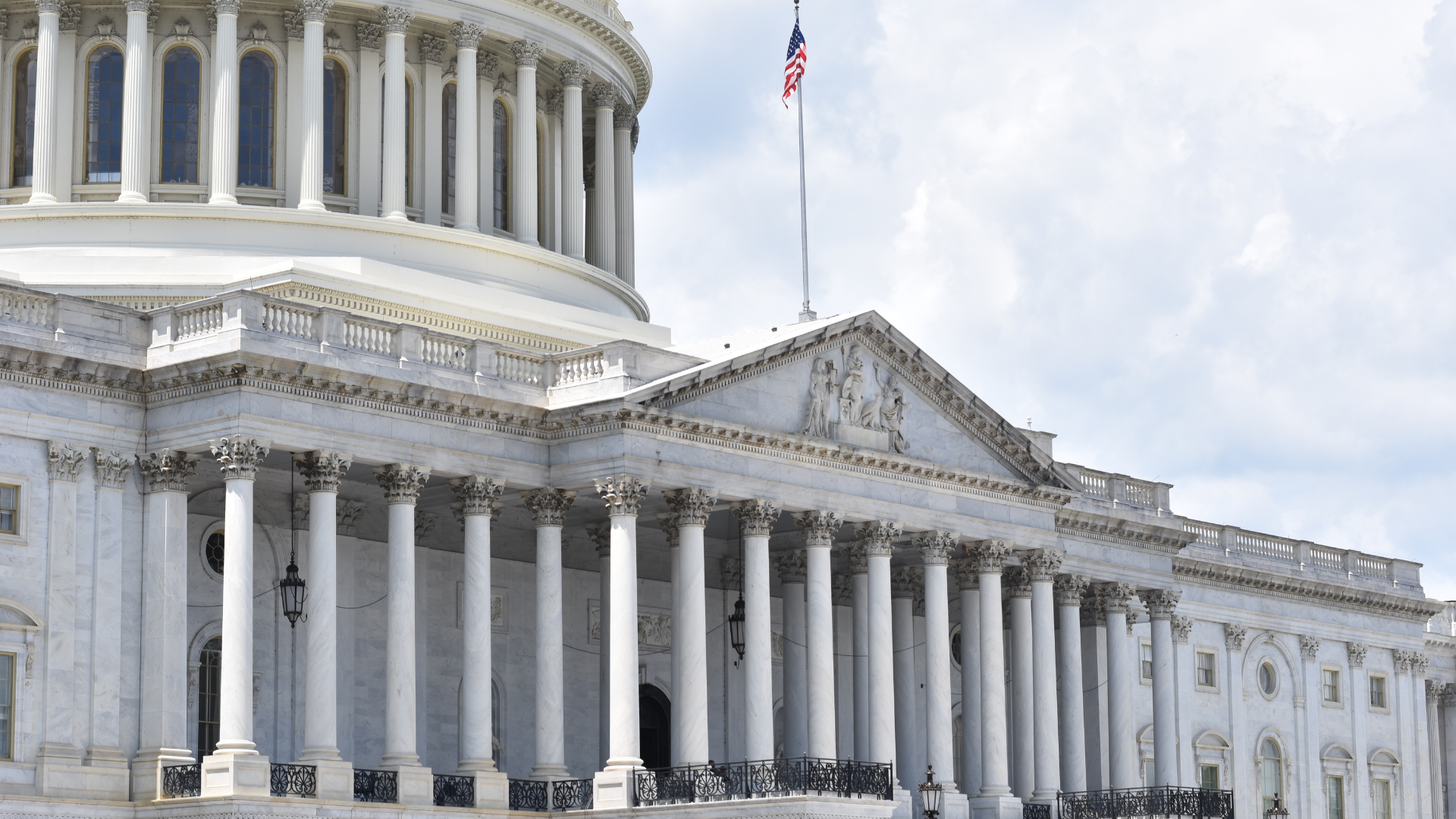With President Biden’s signature, the EB-5 Regional Center Program – which has been lapsed since July 1, 2021 – has been reauthorized through September 30, 2027, under the “EB-5 Reform and Integrity Act of 2022.”
WR Immigration is pleased to see that Congress has kept its side of the bargain for existing investors who have been stuck in limbo for the past 8 months. Also with grandfathering now in the law, lapses like this will be avoided in the future.
While the legislation is far from perfect, it provides a workable framework for EB-5 to continue bringing in foreign direct investment to create jobs for qualifying U.S. workers for the foreseeable future.
Several updates and “integrity measures” will now become part of EB-5 law, and USCIS will need to engage in administrative rulemaking to fill in some of the blanks and provide additional clarity to EB-5 stakeholders.
Most importantly, the legislation includes “grandfathering” language that would allow USCIS to continue processing petitions for immigrant investors filed on or before September 30, 2026, if Congress does not further reauthorize the Regional Center program in the future.
Changes include:
- Increased investment to $1,050,000, or $800,000 for investments in rural areas or in area of high unemployment or in infrastructure projects
- “Reserved Visas” for immigrants invest in rural areas (20% or about 2,000) or in area of high unemployment (10% or about 1,000) or in infrastructure projects (2% or about 200).
- Automatic adjustments of the minimum investment amount every 5 years
- Designations of “high unemployment area” solely by the Secretary of Homeland Security, or its designee, for a period of 2 years (with renewals possible)
- “Age-out” protections for conditional permanent resident children who remain unmarried and whose parents refile a new Form I-526 within one year after termination of conditional lawful permanent resident status
- Concurrent filings of Form I-526 and Form I-485 for those with a visa immediately available.
- Restrictions on the percentage of jobs which can be satisfied through indirect job creation or through construction activity
- Additional record keeping requirements by Regional Centers and DHS audits of Regional Center fund administration and site visits to job-creating entities.
- Requirements for Regional Centers to file a Form I-924 exemplar application with USCIS prior to an immigrant investor submitting a Form I-526
- Additional disclosures required in investment and offering documents, including a description of policies and procedures designed to comply with U.S. securities laws
- Annual recertifications by Regional Centers confirming compliance with U.S. securities laws and applicable state securities laws
- Establishment of an EB-5 Integrity Fund funded by additional annual fees by Regional Centers and immigrant investors when filing a Form I-526
- Updates to requirements on capital redeployment to “anywhere within the United States or its territories for the purpose of maintaining the investors’ capital at risk”
- Restrictions and debarments for those involved with a Regional Center, new commercial enterprise, or job creating entity
- Registration of direct and third-party promoters with USCIS
- Protections for good-faith investors following termination of a Regional Center or debarment of a new commercial enterprise or job-creating entity
For questions about EB-5 matters please contact your assigned attorney or Bernie Wolfsdorf, Joseph Barnett and Vivian Zhu.


